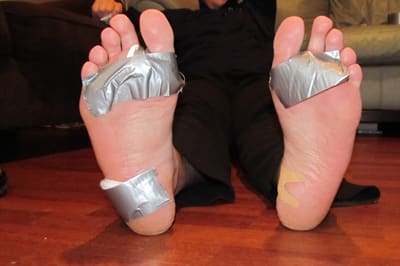AHMEDABAD: As the state braces up for
scorching heat, the EMRI 108 services are also expecting rise in heat-related emergencies. According to the data of past four years, Ahmedabad tops the chart with 40% rise in that period among major cities whereas overall rise for
Gujarat is 35%.
EMRI 108 officials said that among the heat-related emergencies, unconsciousness was the most common symptom in 2014. In 2017, abdominal pain topped the list.
Jashvant Prajapati, COO, EMRI Gujarat, said that nasal bleeding, dehydration and blood pressure fluctuation are other common symptoms associated with heat stroke. “Compared to the previous years, we started experiencing the high number of heat-related emergencies right from the end of March. From March 24 to 28, the mercury level rose from 38 degrees to 42 degrees celsius. While the rise for Gujarat was 10% overall, for Ahmedabad it was 30%. We believe that the rise was due to the fact that the temperature fluctuation was sudden. If it were gradual, the number of emergencies might have been less,” said Prajapati.
EMRI officials said that the rise in number of heat-related emergencies over the four years is almost uniform across the state. However, central and northern parts of the state are more susceptible to such emergencies compared to southern parts.
“One of the common symptoms is dizziness and fainting. We associate it with sudden change in temperature - if you are working in an air-conditioned environment and you come out in scorching heat, the body does not adjust to it that quickly. There are also issues of unconsciousness and dehydration. It is more associated with prolonged exposure to the high temperature,” said an EMRI official, adding that it is not uncommon to receive the cases related to heat even in the the evening.
Officials said that April and May report the highest number of heat-related emergencies and thus the citizens should take care in terms of exposure, intake of fluids and covering body and face while going out.
TIMESVIEW
Public education about heat related illnesses is the key for prepreventing, recognizing and treating disorders at an early stage. But, despite AMC’s heat action plan in place since 2013, there has not been effort to link private hospitals and clinics for reporting heat related cases. The civic body should make efforts for increasing green cover in the city which can reduce ambient temperatures and provide relief.
 Representative image
Representative image Representative image
Representative image




